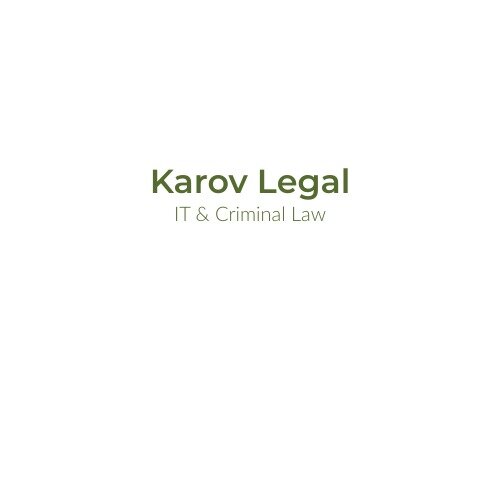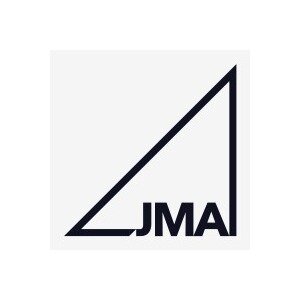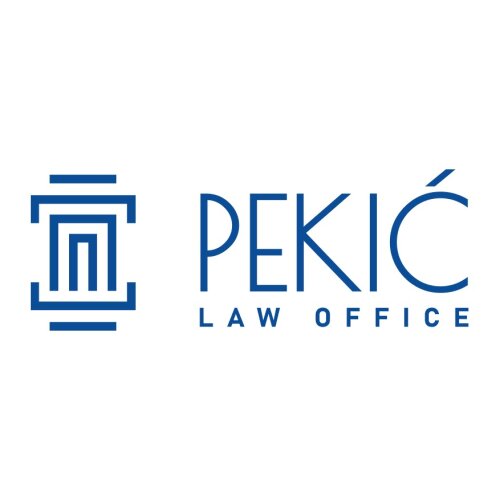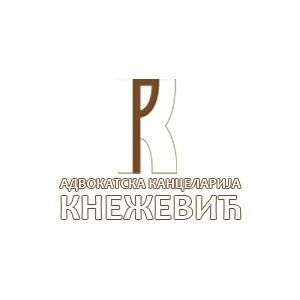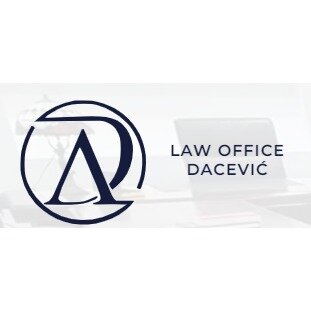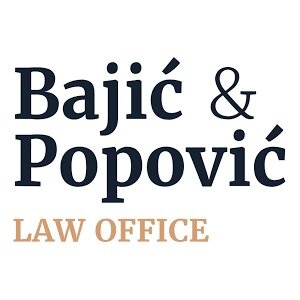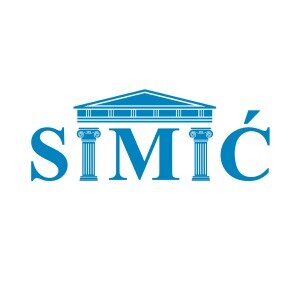Best Renewable & Alternative Energy Lawyers in Novi Sad
Share your needs with us, get contacted by law firms.
Free. Takes 2 min.
List of the best lawyers in Novi Sad, Serbia
About Renewable & Alternative Energy Law in Novi Sad, Serbia
Renewable and alternative energy law governs the production, distribution, and use of energy from renewable sources such as solar, wind, biomass, hydropower, and geothermal in Novi Sad, Serbia. This area of law encompasses regulations, standards, permits, subsidies, and incentives set at both the national and local level. Novi Sad, as a progressive city in Northern Serbia, has shown a growing interest in integrating renewable energy solutions into its infrastructure and encouraging both individuals and businesses to participate in the green transition. Legal frameworks are vital to ensuring that such development is sustainable, environmentally responsible, and compliant with Serbia's commitments to European Union standards and international agreements.
Why You May Need a Lawyer
Navigating the renewable and alternative energy sector often involves complex regulations and administrative procedures. Here are common situations where legal assistance may be necessary:
- Obtaining permits for installing solar panels, wind turbines, or other renewable energy generators
- Drafting and negotiating energy supply contracts or power purchase agreements
- Applying for government incentives or subsidies for renewable projects
- Ensuring compliance with environmental protection regulations
- Resolving disputes with energy suppliers, neighbors, or regulatory authorities
- Understanding intellectual property rights related to innovative energy technologies
- Advising on corporate structures for investing in renewable energy projects
- Representing parties in administrative or court proceedings regarding energy regulations
- Assisting with licensing and certification processes
- Guidance through inspections and compliance checks
Local Laws Overview
The legal framework for renewable and alternative energy in Novi Sad is primarily dictated by national legislation, in accordance with Serbia's Energy Law and relevant EU directives, but local authorities play a significant role in implementation. Key aspects include:
- Permitting and Licensing - Any installation of renewable energy solutions typically requires permits from local authorities and compliance with urban planning regulations.
- Incentives - The Serbian government offers various financial incentives for developing renewable energy projects, including feed-in tariffs and subsidies, particularly for solar and wind projects.
- Grid Access - Laws regulate how producers of renewable energy can connect to the public grid and sell excess electricity, subject to technical and safety standards set by local grid operators.
- Environmental Impact - Stringent environmental assessments may be required depending on the scale and nature of the project.
- Consumer Protection - End-users have rights regarding fair pricing and the supply of renewable energy, which are protected under consumer and energy laws.
- Zoning and Urban Planning - Local zoning laws impact where and how renewable energy infrastructure can be installed.
Frequently Asked Questions
What are the main renewable energy sources used in Novi Sad?
The primary sources include solar, wind, biomass, and some hydropower projects. Solar and biomass are widely accessible for small-scale and residential use.
Do I need a permit to install solar panels on my property?
Yes, in most cases, you will need to obtain approval from the local municipality and ensure compliance with zoning, building, and safety regulations.
Are there any government incentives for installing renewable energy systems?
Yes, Serbia offers various incentives, such as subsidies and feed-in tariffs, particularly for solar and wind projects. Eligibility criteria and application procedures should be reviewed before starting a project.
How can I connect a renewable energy system to the public grid?
You need to apply to the local grid operator, meet technical requirements, and often sign a connection agreement. Legal guidance is recommended to ensure a smooth process.
What are the key environmental regulations affecting renewable energy projects?
Major projects may require an environmental impact assessment and must comply with national and EU environmental standards to mitigate any potential negative effects.
Can households sell excess energy produced by their renewable systems?
Yes, under certain conditions, households can sell surplus electricity back to the grid, usually under a prosumer model, but this necessitates registration and compliance with energy market regulations.
What rights do consumers have regarding renewable energy providers?
Consumers are entitled to clear information, fair pricing, and reliable supply, and can lodge complaints to regulatory bodies if issues arise with providers.
Are there restrictions on where renewable energy installations can be placed?
Yes, local urban planning and zoning laws may limit installations in certain areas, including historical sites or protected zones. A legal review is essential before starting construction.
How are disputes over renewable energy projects resolved?
Disputes may be handled through mediation, arbitration, or court proceedings, depending on the parties involved and the nature of the issue. Lawyers can provide representation and strategic advice.
What standards must renewable energy equipment meet?
Equipment must comply with national technical standards and relevant EU certifications to ensure safety, efficiency, and compatibility with existing energy infrastructure.
Additional Resources
Several organizations and authorities can assist individuals and businesses seeking information or support with renewable and alternative energy projects in Novi Sad:
- Ministry of Mining and Energy of the Republic of Serbia: Regulatory authority for energy policies and incentives.
- Energy Agency of the Republic of Serbia (AERS): Supervises licensing, tariffs, and consumer protection in the energy sector.
- City of Novi Sad - Department for Urbanism and Environmental Protection: Local authority overseeing permitting and urban planning.
- Serbian Chamber of Commerce - Renewable Energy Section: Connects industry professionals and offers guidance on business opportunities.
- Local legal firms specializing in energy law: Provide legal advice and representation for all stages of renewable energy projects.
Next Steps
If you are considering a renewable or alternative energy project in Novi Sad, or are facing a legal issue related to energy law, it is wise to consult a lawyer experienced in this field. Start by clearly identifying your needs or goals, and collect all relevant documents-such as property records, permits, and previous correspondence. Schedule a consultation with a qualified legal professional or firm specializing in renewable energy. They can help you evaluate your options, ensure compliance with all legal requirements, assist with applications and negotiations, and represent your interests in any disputes. For additional information, reach out to local authorities or industry organizations listed above. By taking a proactive approach, you can help ensure your renewable energy venture is both successful and legally sound.
Lawzana helps you find the best lawyers and law firms in Novi Sad through a curated and pre-screened list of qualified legal professionals. Our platform offers rankings and detailed profiles of attorneys and law firms, allowing you to compare based on practice areas, including Renewable & Alternative Energy, experience, and client feedback.
Each profile includes a description of the firm's areas of practice, client reviews, team members and partners, year of establishment, spoken languages, office locations, contact information, social media presence, and any published articles or resources. Most firms on our platform speak English and are experienced in both local and international legal matters.
Get a quote from top-rated law firms in Novi Sad, Serbia — quickly, securely, and without unnecessary hassle.
Disclaimer:
The information provided on this page is for general informational purposes only and does not constitute legal advice. While we strive to ensure the accuracy and relevance of the content, legal information may change over time, and interpretations of the law can vary. You should always consult with a qualified legal professional for advice specific to your situation.
We disclaim all liability for actions taken or not taken based on the content of this page. If you believe any information is incorrect or outdated, please contact us, and we will review and update it where appropriate.



